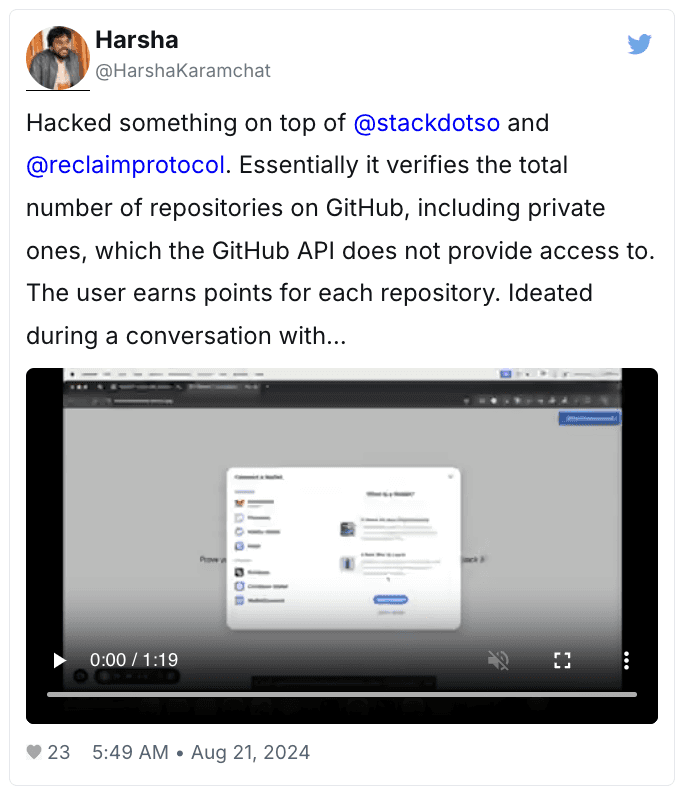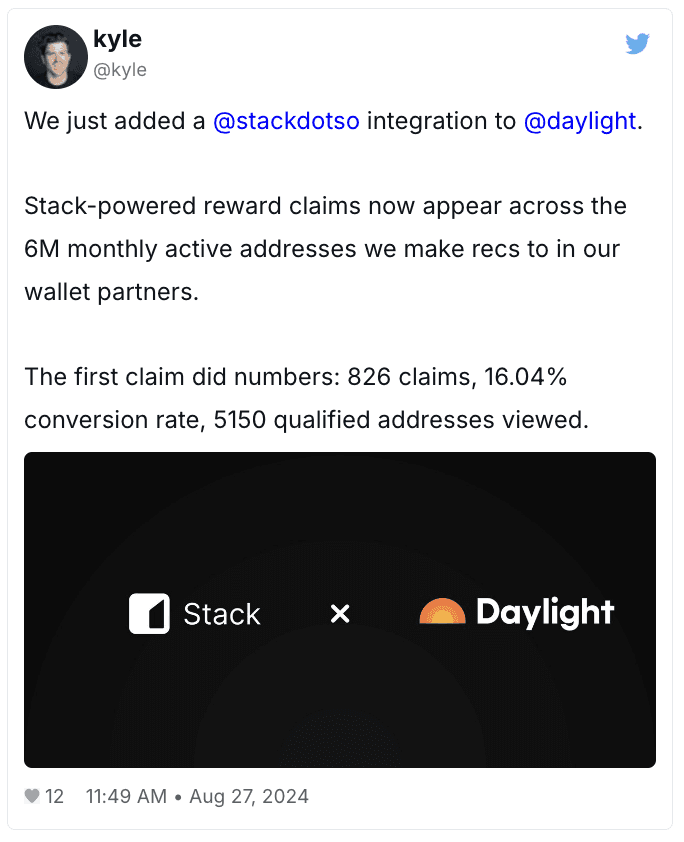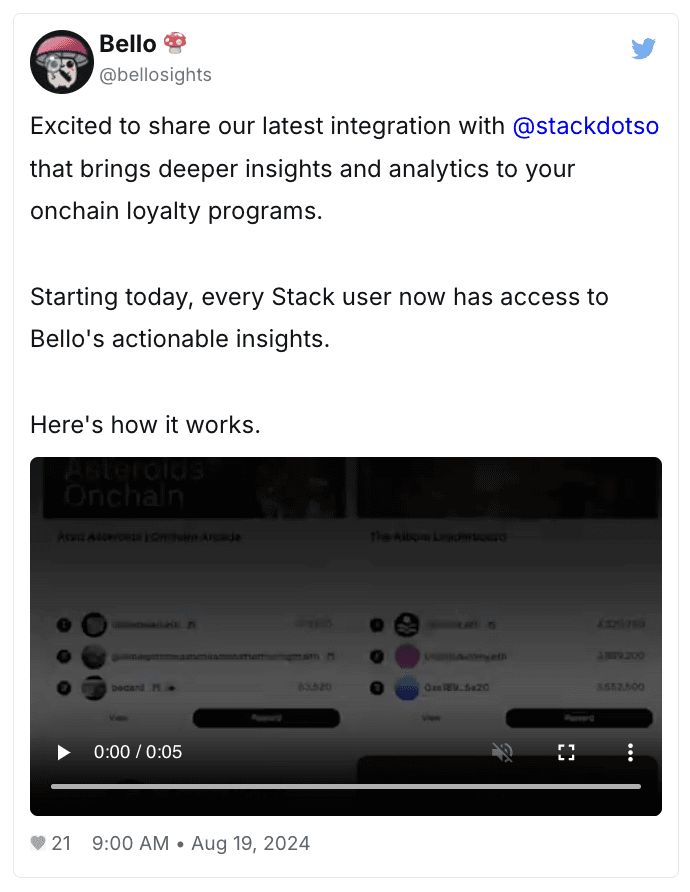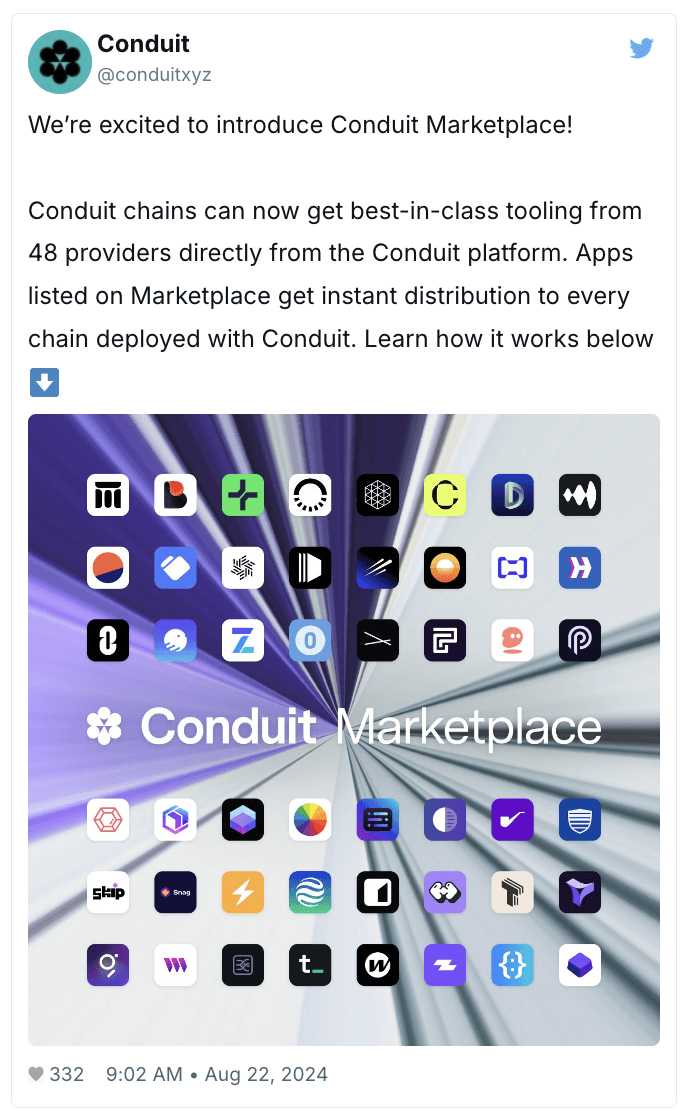Blog

Imagine if you could access your Spotify Wrapped on demand (not just once per year). Now imagine you had "[insert app] Wrapped" available, on demand, as well. You would probably learn some interesting things about yourself. The sum of all our online activity paints a digital self-portrait of sorts, a reflection of where and how we spend our time and money. For example, I am a top 1% FKJ listener on Spotify, I have 8.8K Twitter followers. I have Delta Gold Flyer status. I spend [$redacted] on dining annually with my American Express Gold card. You get the picture and with it, a sense of my interests, habits, and behaviors. "I think, therefore I am", Déscartes once said, but a more internet-age appropriate adaption might be "I create data, therefore I am."
A great work of art is known first by the artist who creates it before the rest of the world. The artist may publish the work so it gets seen by an art curator who places it in a gallery and later is sold at auction, benefitting the artist. Our data self-portraits are our greatest works of art, built bit-by-bit (literally) over a lifetime online and onchain and understood in each of our minds. Only the onchain elements are visible to others right now and, while valuable and increasingly robust, excludes our offchain/online (web2) "brushstrokes". The problem is we lack the means to share our online (web2) data portraits with the world because we don't have a way to access, verify, and showcase them. Much of the most valuable data about ourselves is stored and owned by private companies who set the rules and (heavy) restrictions on what information, if any, we can see - much less prove or share.
That's about to change thanks to "zkTLS proofs", an emerging technology better known as "Web Proofs" as coined by Pluto Labs and articulated by Dan Elitzer and Pete Shoemaker. Web proofs are a way to prove things about your online behavior, on demand, without the consent or action of the data owner. With web proofs I can prove and share my Spotify listenership, Twitter following, and Amex spend without asking or needing Spotify, Twitter or Amex. Web proofs unblock the ability to create and share our digital self-portraits, unlocking a world of new opportunities to be recognized and rewarded.
We spend a lot of time at Stack thinking about how we can help people paint their onchain data portraits so they can be recognized more often and meaningfully. Until now, I assumed I would never be able to paint a great online data portrait to complement my onchain one. But web proofs stand to change that and with them comes a whole new world of benefits for being ourselves and living our lives online and onchain.
I create data, therefore I am better off.
(also bradley.base.eth now!)
🏗 Stack Updates
Harsha Karamchat built a GitHub repository leaderboard where developers earn points based on the number of GitHub repos they have worked on.

We partnered with Daylight, a transaction recommendation engine, to notify users when they become eligible for rewards on Stack.

We announced our partnership with Bello, an onchain analytics provider, to help users learn more about who is on a leaderboard using Bello's wallet analytics dashboard.

Stack is now part of the Conduit Marketplace, making it easier than ever for roll-up chains to discover and integrate Stack.

📰 Must-reads this week
Here's what the Stack team read this week 👇
🧑🔬 Dan Elitizer shared his vision on how zkTLS Web Proofs could be the Apple Airtags of crypto.
🤔 Jarrod Dicker shared his thoughts on the consumer crypto paradox.